|
|
|
In our Design for Social Good class, students were given a final project challenge: to apply their CAD, electronics, and Robotics skills to simulate robotics' applications in military and law enforcement. Our specific task was to create a user-friendly CAD-designed controller housing an Arduino Leonardo. This controller could remotely operate a robot, simulating the disarmament of a hypothetical explosive. Students controlled their robots from a different location by using their phones as cameras, which were mounted on the robots. They streamed video to their control station through platforms like Zoom or FaceTime. To understand the project instructions and grading criteria, click here. For documentation, students recorded their streamed video and added voice-over narration to explain the process. Below is an example:
This will be my third year teaching an elective course called "Design for Social Good". This summer I assigned myself the task of creating the entire curriculum in the form of a student digital workbook. The curriculum uses Fusion360 as an anchor, integrating CAD into various projects centered around Assistive Technology, Medicine, and Robotics. Additionally, I tired to integrate AI into the curriculum in meaningful ways, asking students to generate YouTube shorts using ChatGPT and Pictory I am hopeful that this curriculum provides a unified and organized space for students to engage in the curriculum. Because students will be copying and sharing their own workbooks, I am slightly nervous about how to push out to students the inevitable tweaks to the curriculum I will make throughout the year. Live and learn I suppose! Click here to access the curriculum. Note: Links to Fusion360 homework assignments can be found in the heading of each page.
My "Engineering for Social Good" class just completed a three-week design cycle leveraging the MakeyMakey in the 100% distance learning setting. I have written about similar projects before, and I am, yet again, amazed by the power of the the "shelf" feature in Padlet for student public showcase, collaboration, and tracking of the design cycle. See embed the entire cycle below.
This year I am SUPER excited to teach a new class this year called "Engineering for Social Good". Click here for a short version of our class syllabus.
For each of the five projects I plan to facilitate in the course, I will post a similar blog post to share the successes and failures of the course as I modify it for future years. For our first project of the year, we are leveraging the "Drawdio", a device imagined and designed by Jay Silver. Click here and here to learn more about the Drawdio circuit and here to view Jay's incredible TED Talk. Click here to purchase your own Drawdio kit. After a brief live demonstration of how the Drawdio circuit works, I provided the students with the following prompt: In 1979, Mattel created a game called "Electronic Connection". Using your Drawdio circuit, develop a game, made in the the spiriting of Electronic Connection, that helps young learners (4-5 years old) improve their fine motor control and handwriting skills. We will then deliver the games to local Preschool and Kindergarten classrooms. Go! We finished prototypes today and I was absolutely blown away with the way the natural prototyping process happened seamlessly when the end user was clearly defined. The the low barrier to entry associated with this device and the "window" it opens to the subsequent learning of the interior electronics of the device make this activity one that acts as a perfect inquiry opening for this new course. See videos of two student prototypes in action below:
See images of all students prototypes below:
*Note: The below lesson is only an outline meant to encourage deeper thinking about the 5E cycle.
Standard
NGSS: HS-LS2-3: Construct and revise an explanation based on evidence for the cycling of matter and flow of energy in aerobic and anaerobic conditions. 1. Engage
Display the below image and ask the question: What are you curious about?
Desired student questions include, but are not limited to, the below:
*Purpose: To surface content related questions without explicitly asking students. 2. Explore
Teach how to leverage Arduino Uno to create their own Pulse Oximeter. Click here for instructions and materials. Once complete challenge students to design and conduct an experiment to determine the impact that various types of exercises and activities (breathing through a straw, etc.) have on pulse and oxygen saturation. Students will then hypothesize the relationship between pulse, oxygen saturation and energy use. Experiment must be conducted using appropriate research design methodology. (Control, independent, dependent variables outlined clearly)
*Purpose: To challenge students to think deeper about energy during exercise and strain, as well as revisit research methodology and promote crosscutting NGSS integration such as engineering, etc. into the lesson. By not addressing "Blood Doping" directly, students are left wondering the relationship between the "Engage" and "Explore" phase further intensifying their curiosity and desire for more content. 3. Explain
Conduct a lesson on Cellular Respiration, clearly outlining and diagraming the process of Glycolysis, Krebs cycle, and defining organelles such as the cytosol and the mitochondria. Once complete, ask the driving question: How does the processes outlined relate to "Blood Doping". After students share their responses, play the video below:
*Purpose: To deliver basic content (diagrams, processes, vocabulary) to help students make a deeper connection between the "Engage" and "Explore" phases.
4. Extend
Pose the below medical case study to students and challenge them to:
A, 23-year-old, 5’ 9”, 105 lb, caucasian female presented in her physician’s office with a sudden onset of weight loss along, pain when urinating, and chronic extreme hunger. The patient also reported a strange mold-like substance forming in her toilet over the past week. *Purpose: To facilitate connection between information obtained during the "Explain" phase and applications of content in the "real world" (note: I hate the term "real world" but application can extend beyond medical diagnostics, etc.). 5. Evaluate
|
Categories
All
Archives
March 2024
|

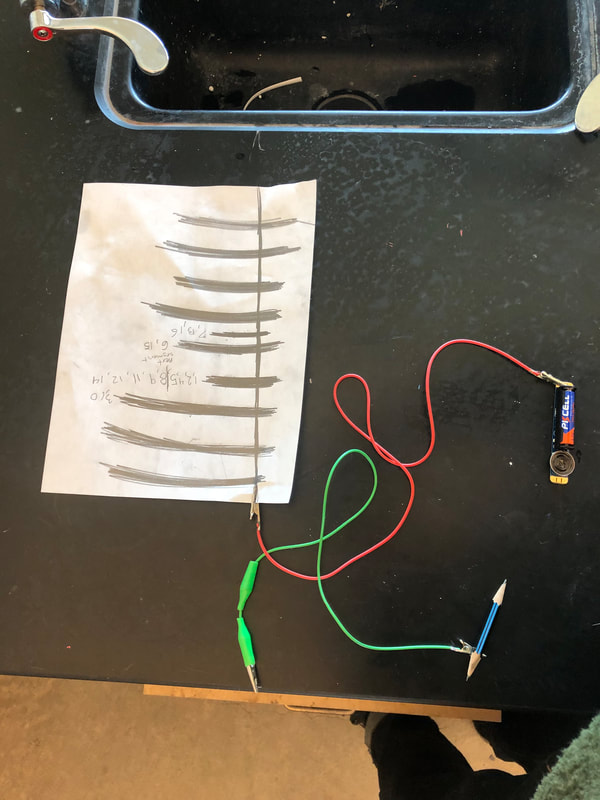
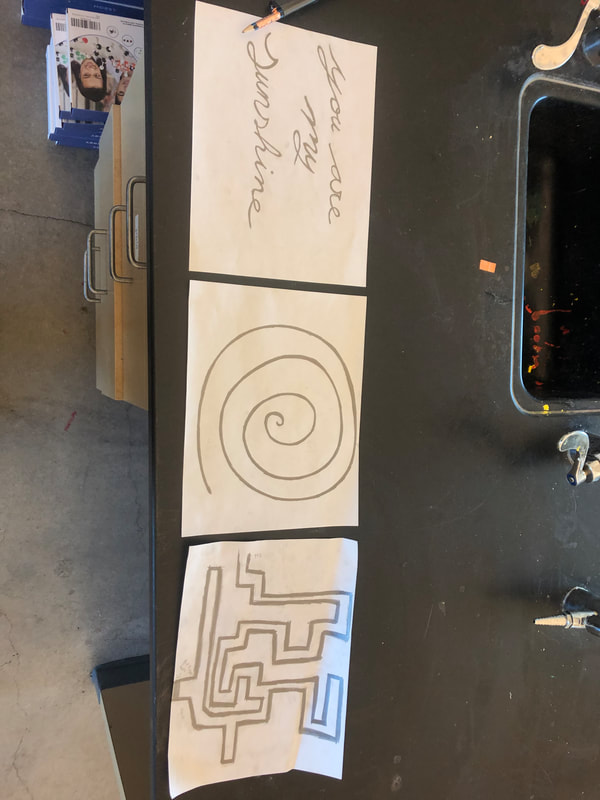
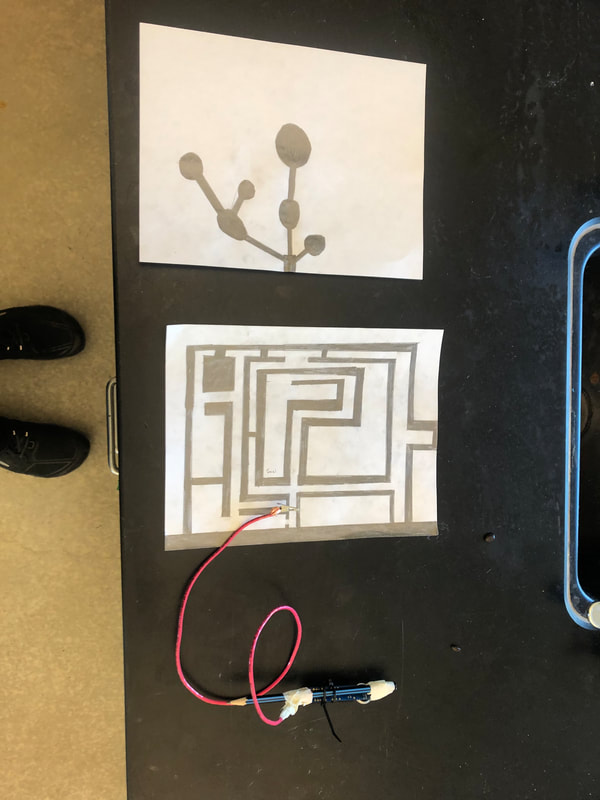
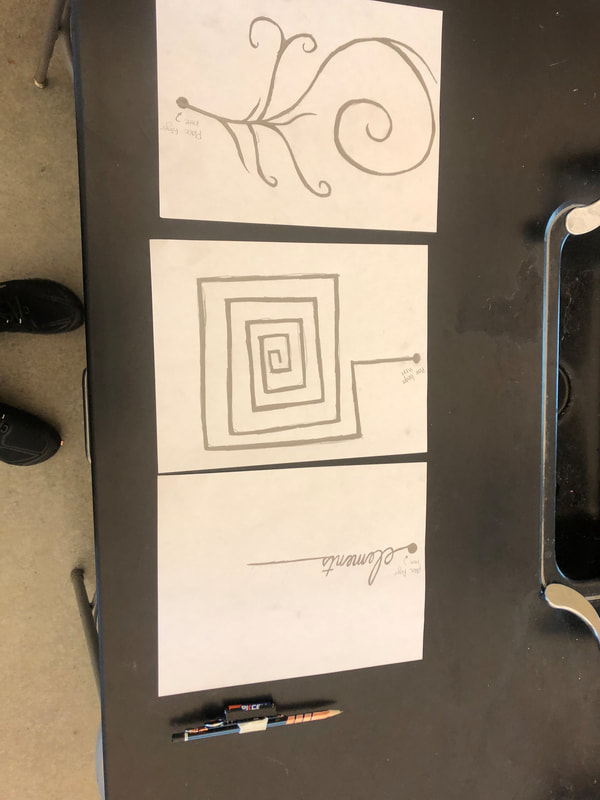
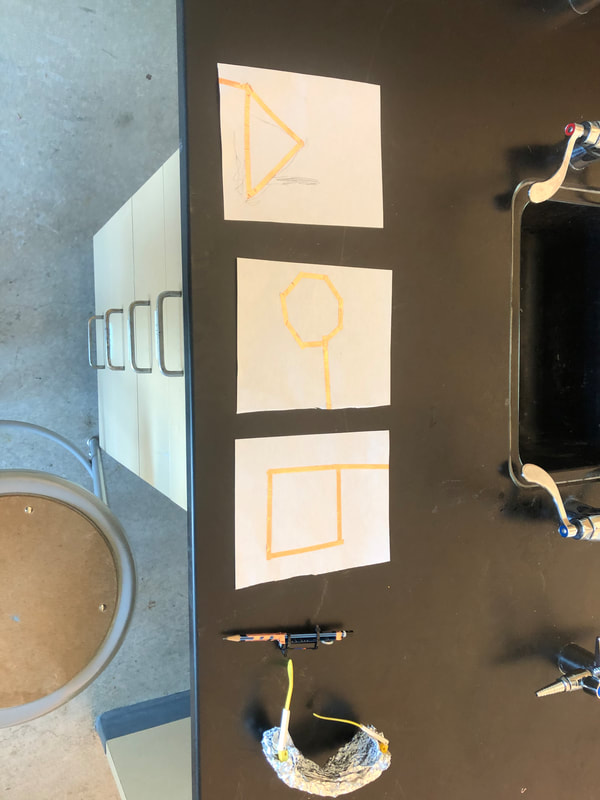
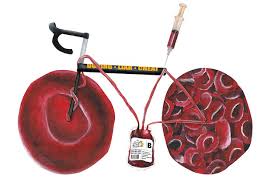
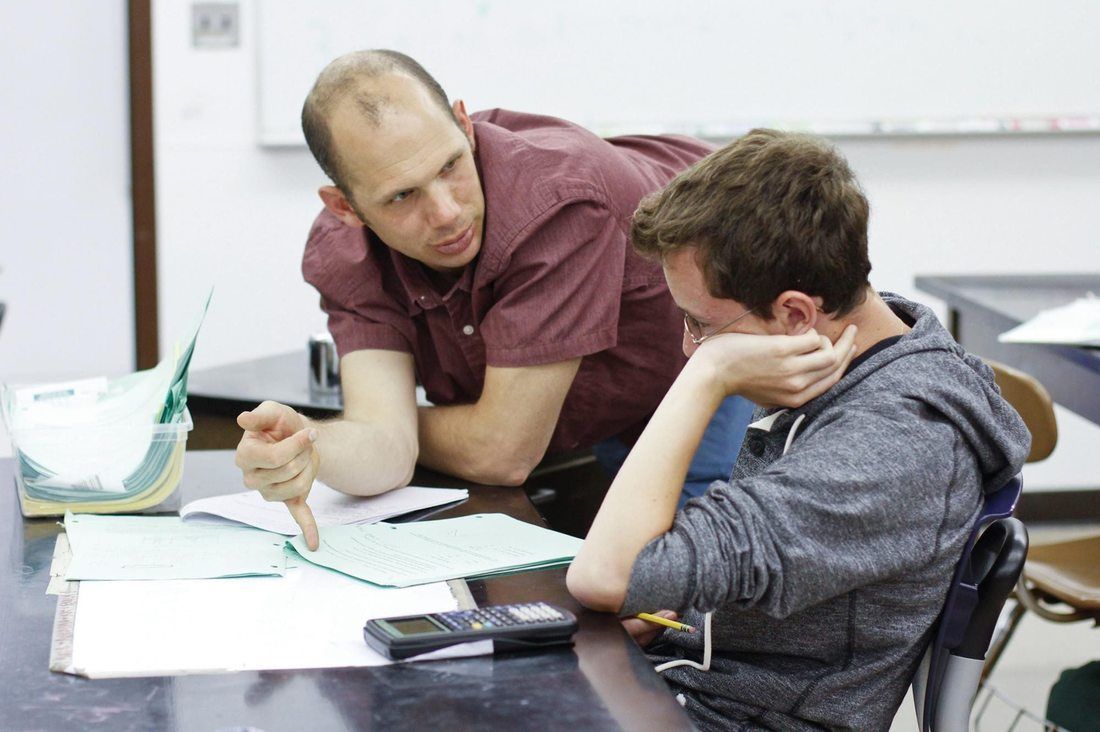
 RSS Feed
RSS Feed